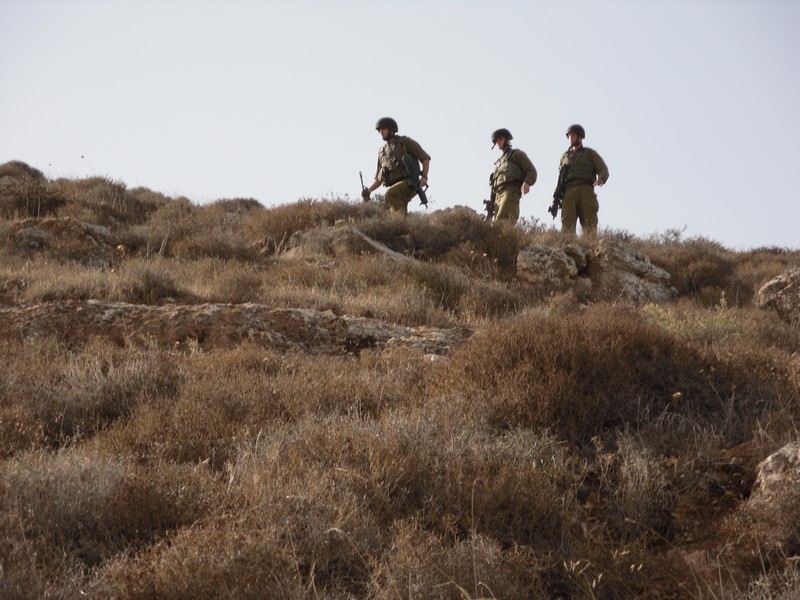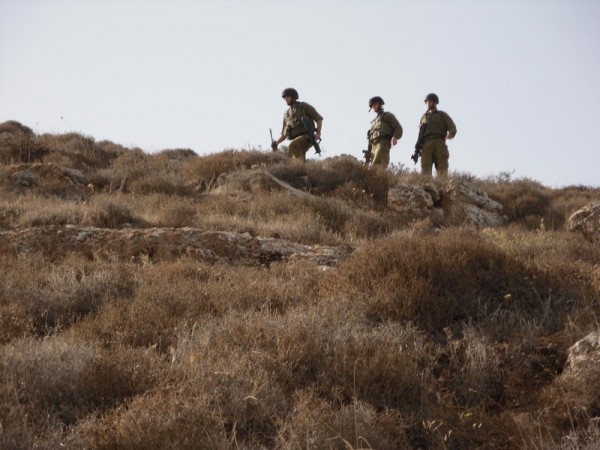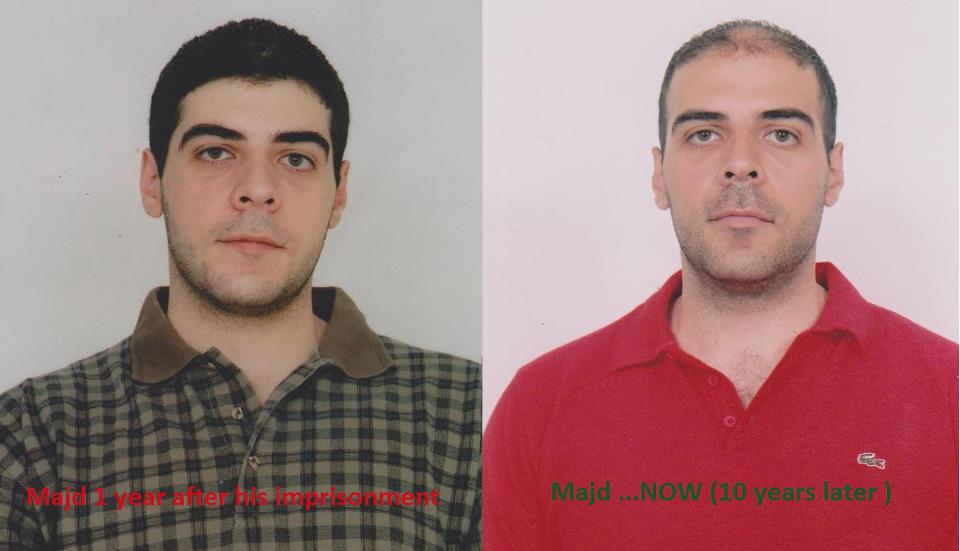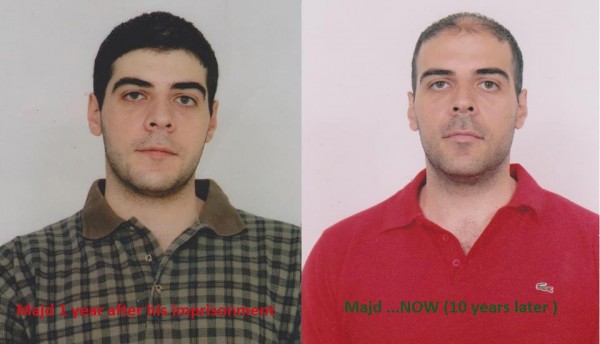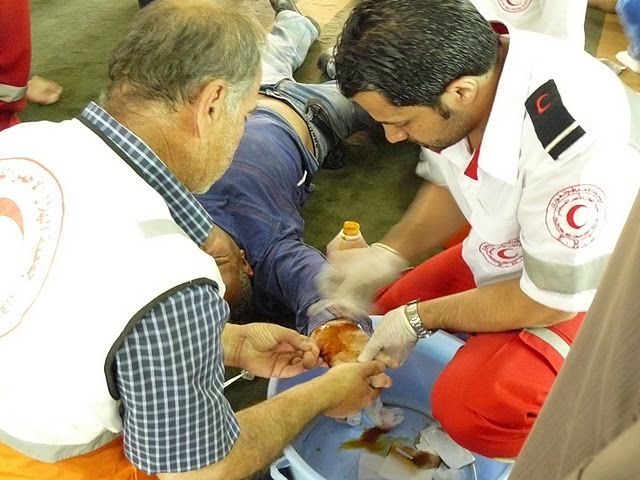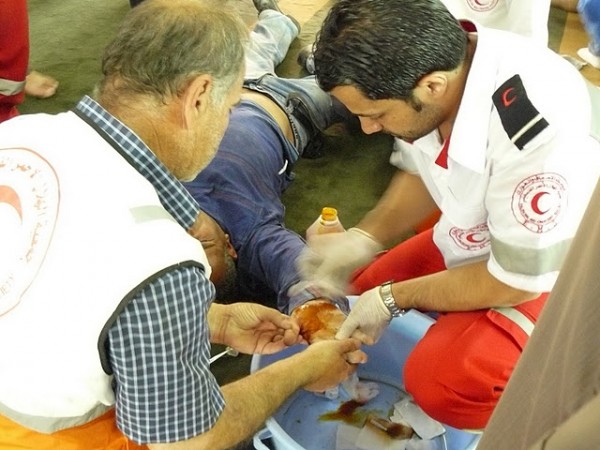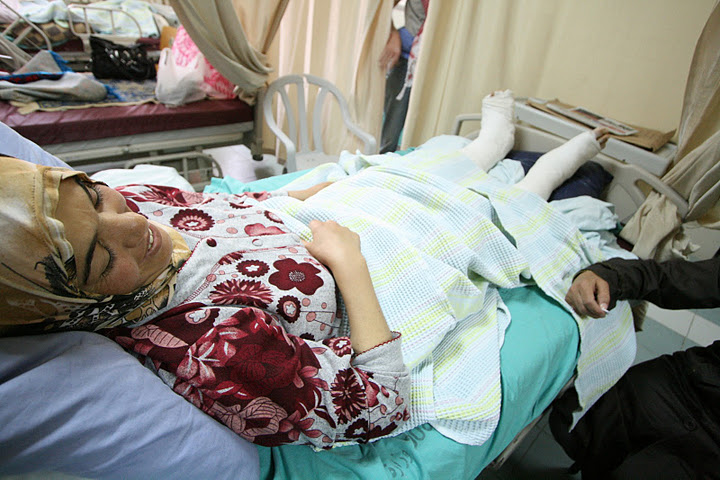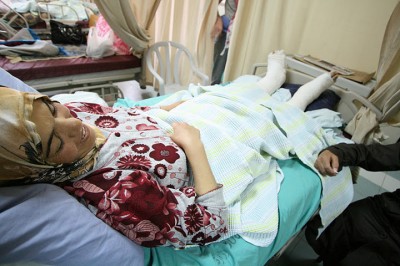21 October 2011 | Palestinian Students’ Campaign for the Academic Boycott of Israel, Gaza
We Palestinian students of the Gaza Strip wish to send a message to all European student groups in solidarity with the Palestinians to do all they can to increase Boycott, Divestment and Sanctions of Israel this academic year.
We also reiterate our support for the recent call by Palestinian Civil Society, of which we are a signatory, to end all collaborative research between European Universities and Israeli universities.[1] Research centers in Israeli academic institutions are actively involved in fuelling Israel’s huge weapons industry and tools of its military occupation and siege. It is this apparatus of violence that makes studying in Gaza so difficult, not to mention the daily toils and tragedy of Israeli apartheid policies. We, therefore, call for an end to this compliance on all campuses with those directly complicit in the war crimes and colonial subjugation of us the Palestinian people in Gaza, the West Bank,‘48 Palestine and throughout the Diaspora.
These are crucial times as we youth in Gaza are seeing glimpses of the kinds of mass international movement that we are certain will one day bring us the liberation, justice and equality expected by others but denied to us for so long. Each university that boycotts, divests and sanctions from Israel’s apartheid regime is standing on the right side of history, just as students played a huge role in boycotting South Africa’s ugly and similarly racist apartheid regime until it fell in 1994.
Yet apartheid against Palestinians since then has only become more entrenched. In response, our call for boycott from over 170 organisations from Palestinian civil society in 2005[2] has been a lightning rod for others who can relate to our plight. When endorsing the successful boycott and ending of ties between the University of Johannesburg and Ben Gurion University (BGU) this year, the first of its kind, Archbishop Desmond Tutu said:
“While Palestinians are not able to access universities and schools, Israeli universities produce the research, technology, arguments and leaders for maintaining the occupation. BGU is no exception. By maintaining links to both the Israeli Defence Forces and the arms industry, BGU structurally supports and facilitates the Israeli occupation.” [3]
There was no negotiating with such oppression based on race – there was only one word: BOYCOTT. Just as students around the world were banning Barclays bank from campuses for their investment in South African Apartheid in the 1980s, this year we call on you to take similar steps to end Israel’s systematic brutality. To say, “We will no longer be complicit!”, in the decades of ethnic cleansing, military occupation, medieval blockade that has lead to so much tragedy and broken dreams for our youth and students.
Our spirits have been raised by the BDS efforts so far in European Universities, exemplified by Kings College where students and academics have begun a campaign against the research collaboration between their university and Ahava, the cosmetics company based in an illegal settlement. Such long term campaigns are what is required, the cutting edge of international resistance. We ask you to do whatever it takes to isolate and hold Israel to account until it abides by international law and accepts basic premises of human rights and equality for all, including us Palestinians.
This year it is in your hands to see that the tide finally turns across the campuses in Western countries that most enable the Israeli regime’s crimes against us to continue. We hope you put BDS at the forefront of your campaigns and join together for the Israeli Apartheid Week[4],, the pinnacle of action across universities worldwide. And while the walls around us stop us from meeting in person, we have many students and youth happy to participate in skype conferences and other collaborations. We give you all our solidarity and send you our dearest wishes to do us proud this year.
[1] http://www.bdsmovement.net/2011/dont-collaborate-with-apartheid-8202#.Tp-H9Vv9oY1
[2] http://www.bdsmovement.net/bdsintro#.Tp-L81v9oY0
[3] http://www.middleeastmonitor.org.uk/articles/africa/1556-israeli-ties-a-chance-to-do-the-right-thing

